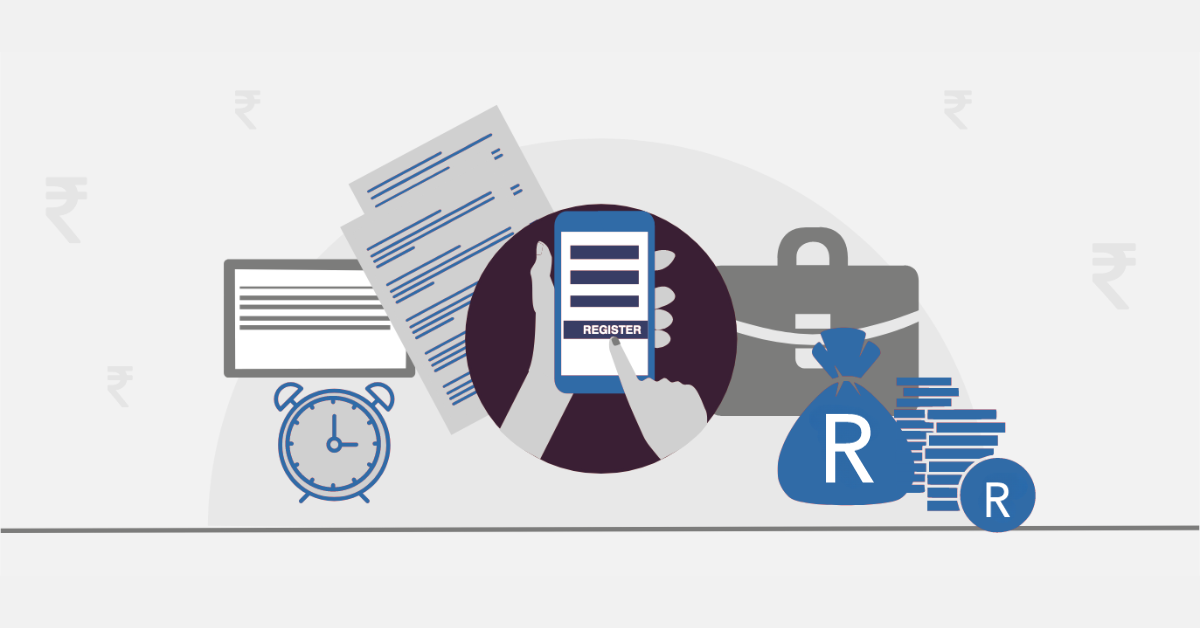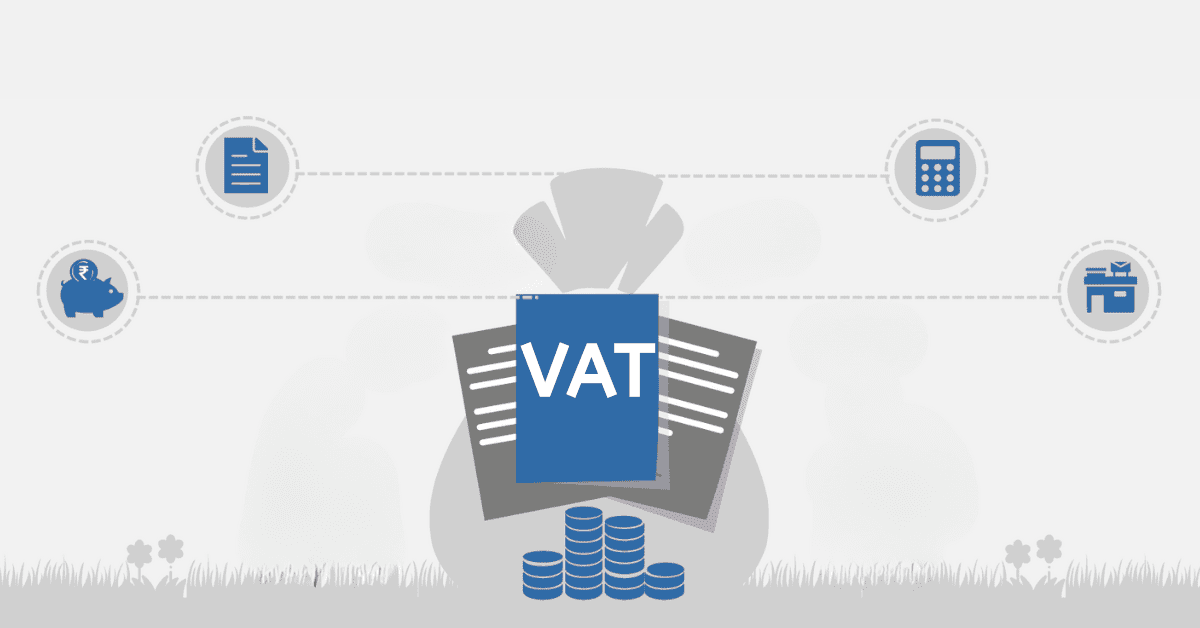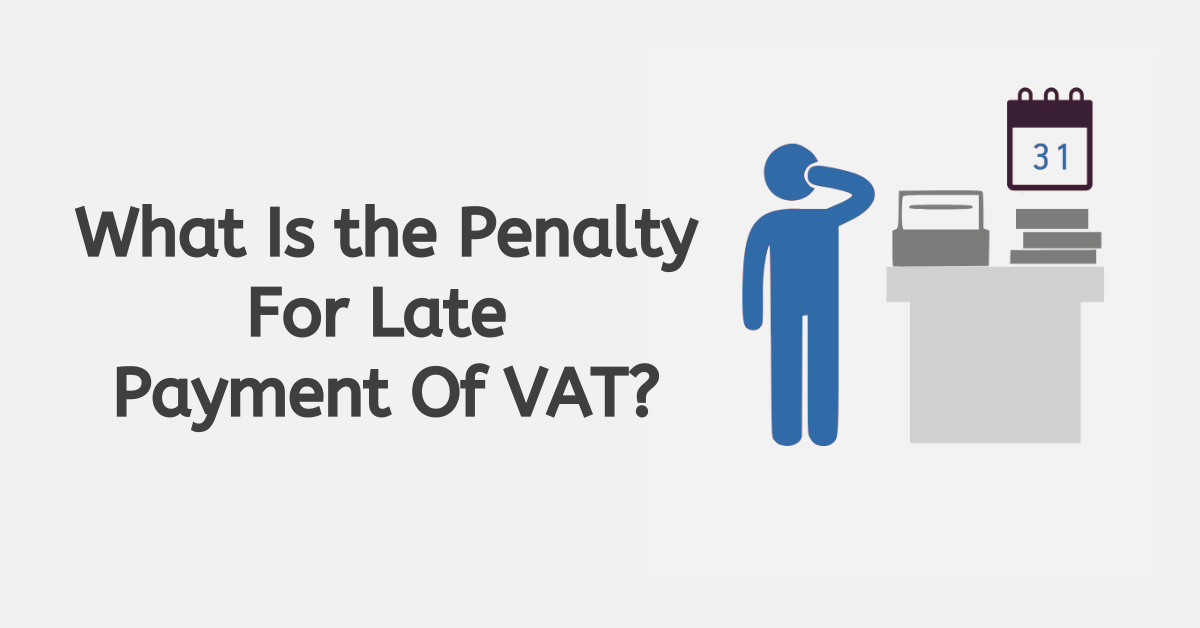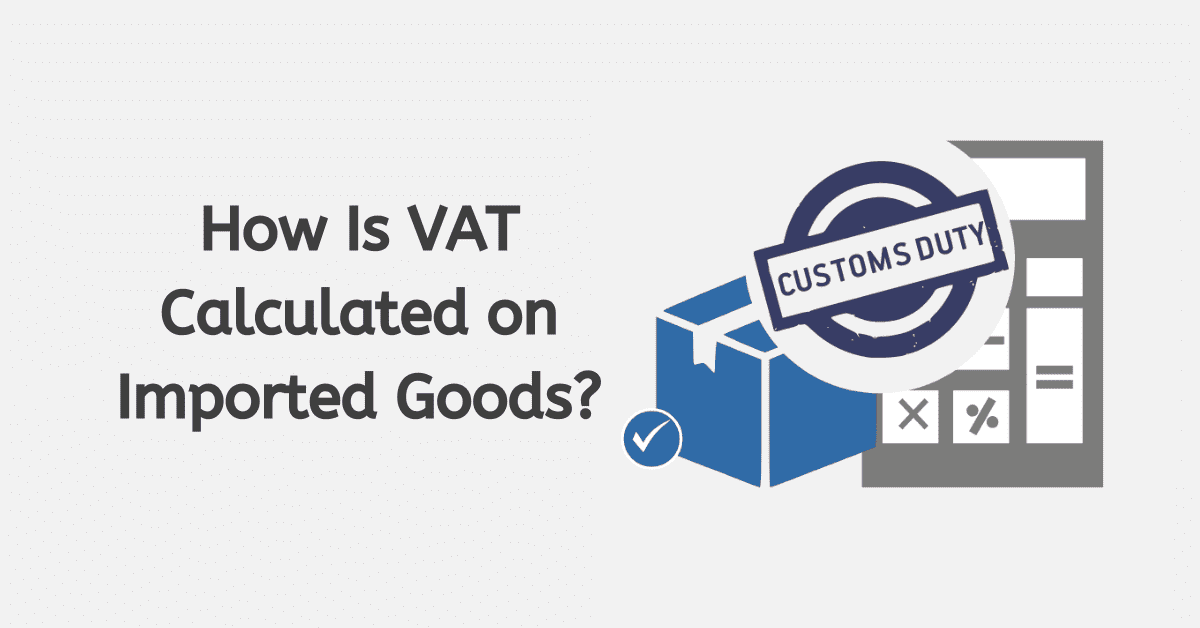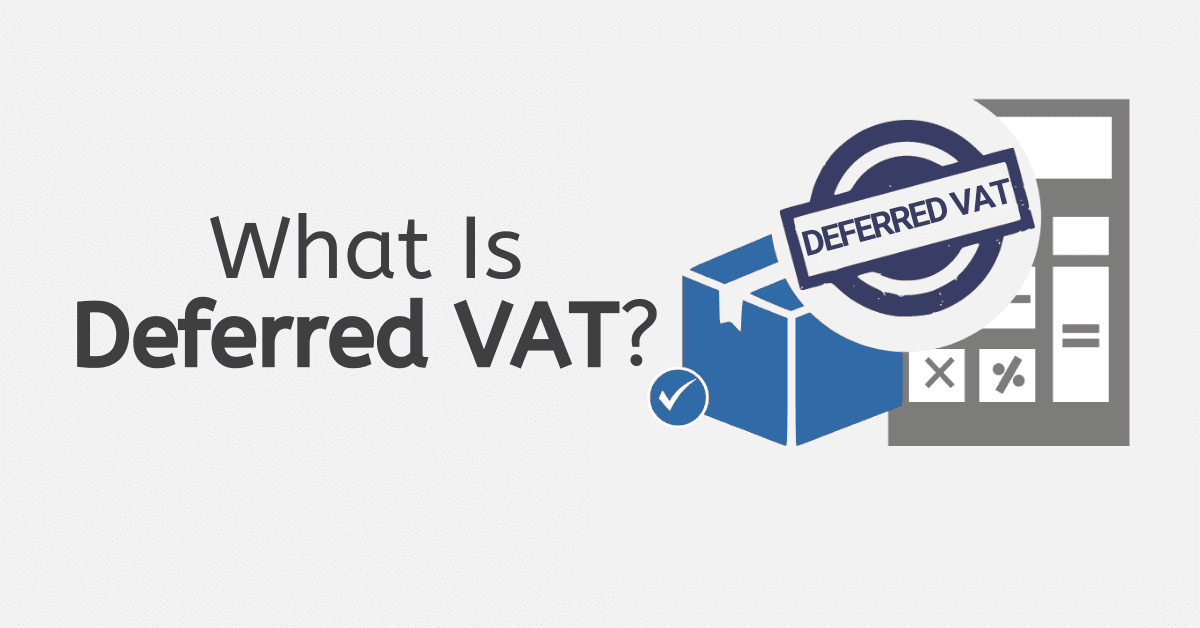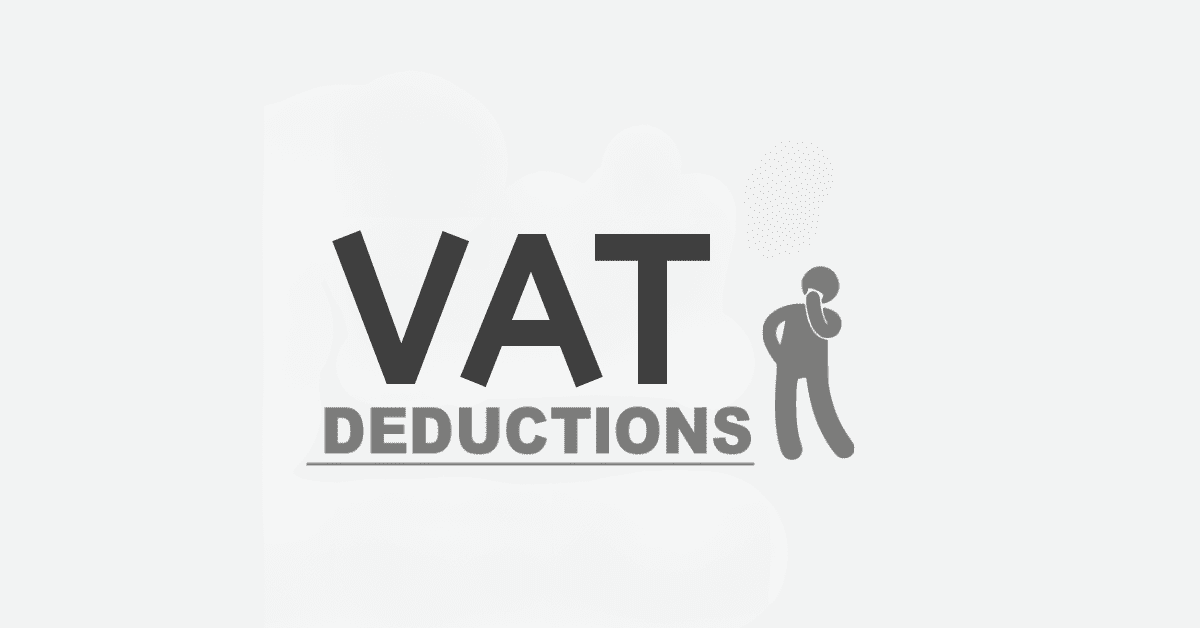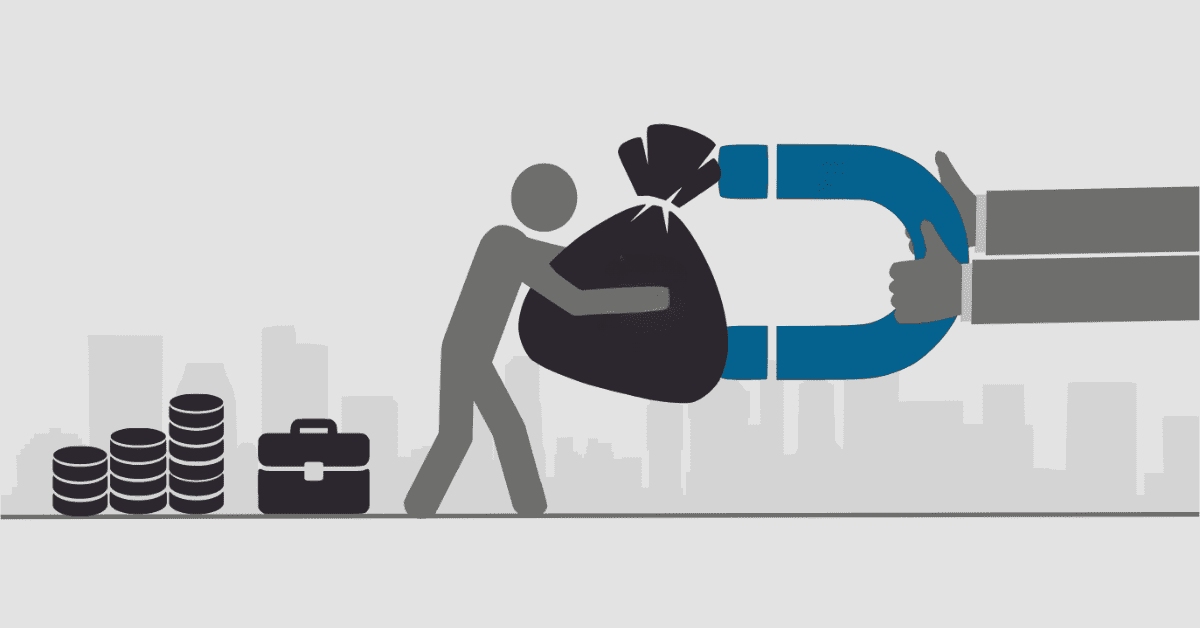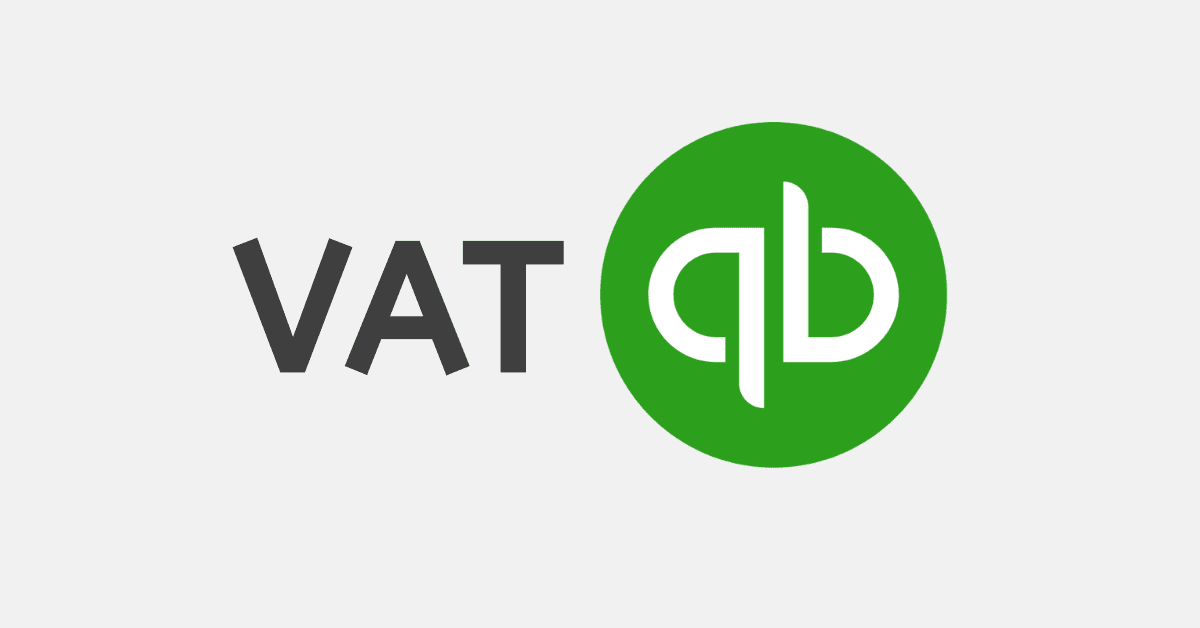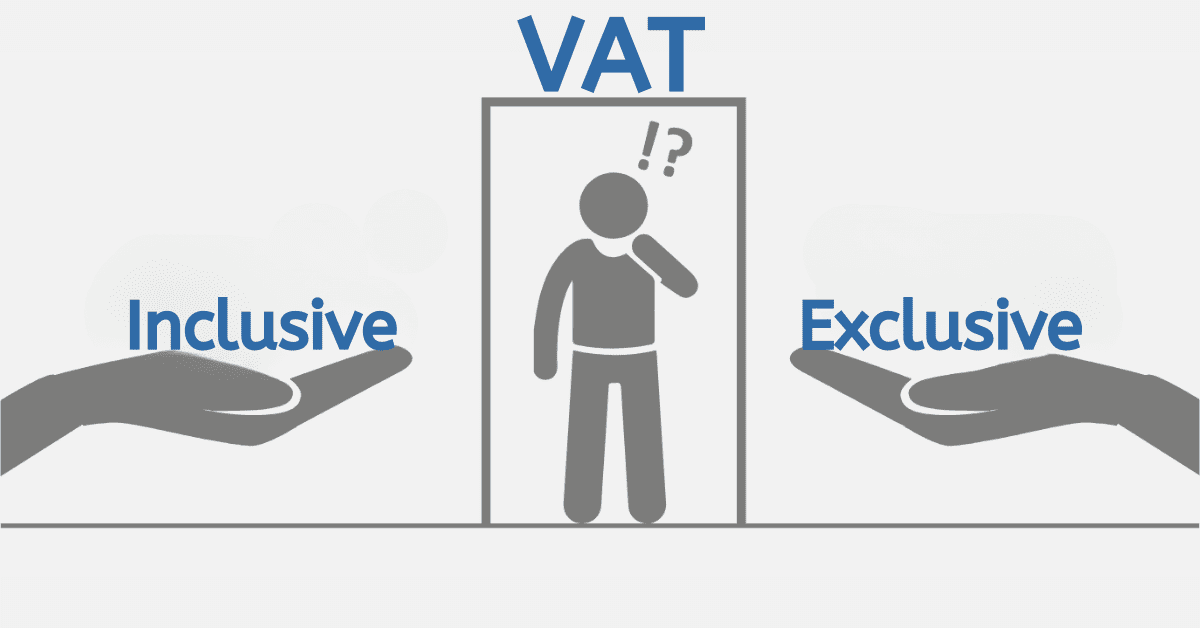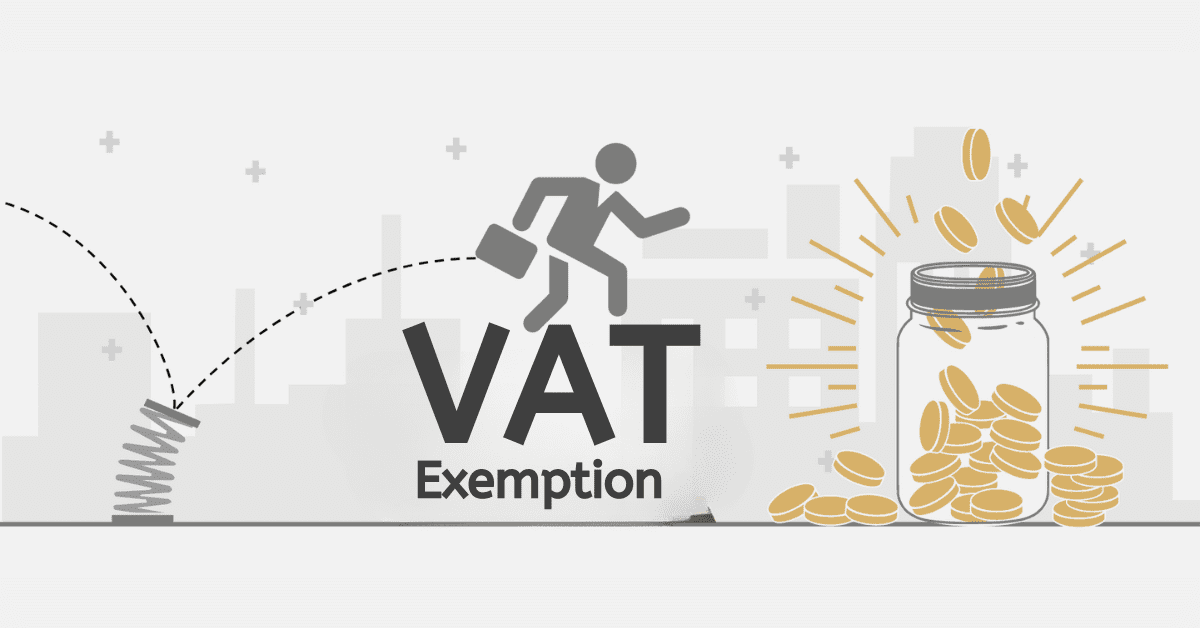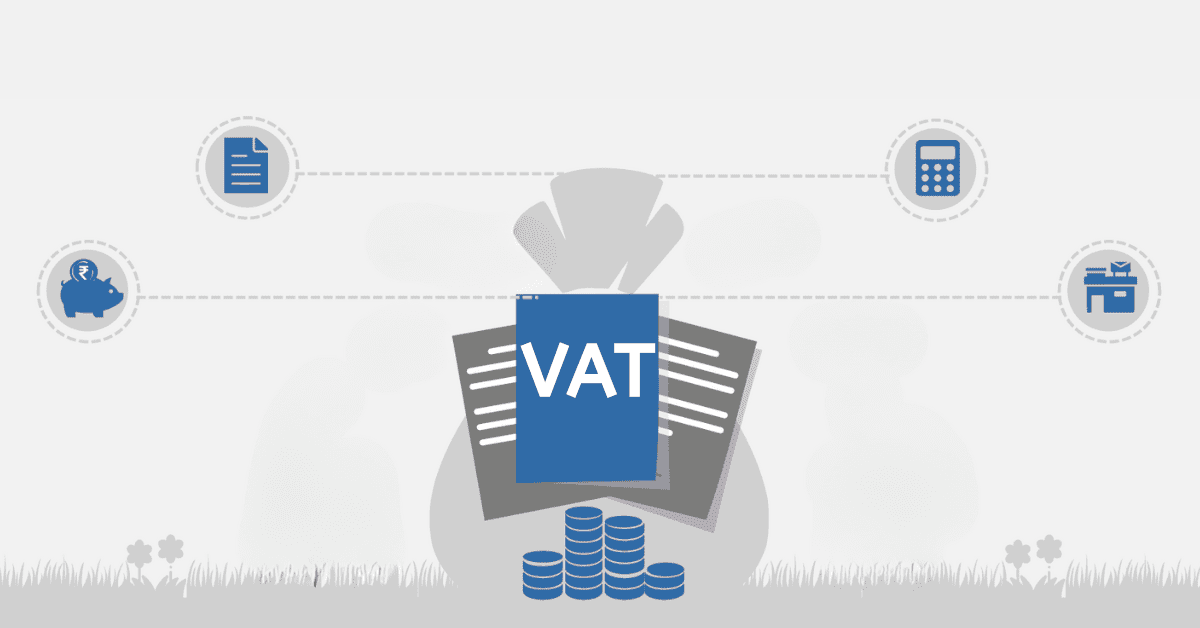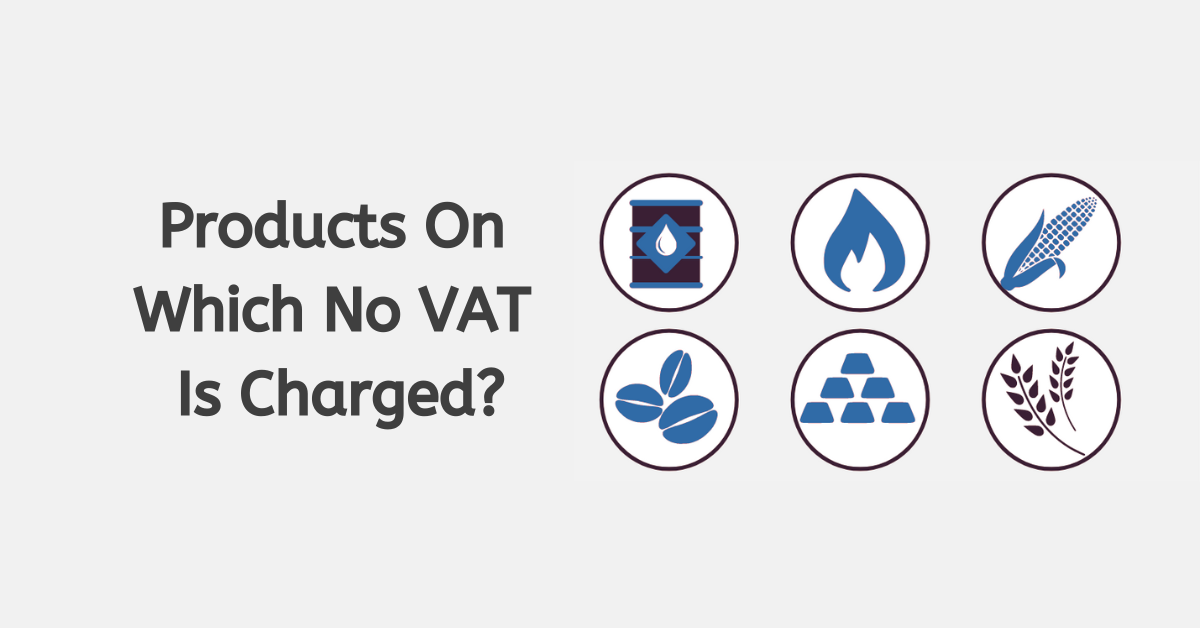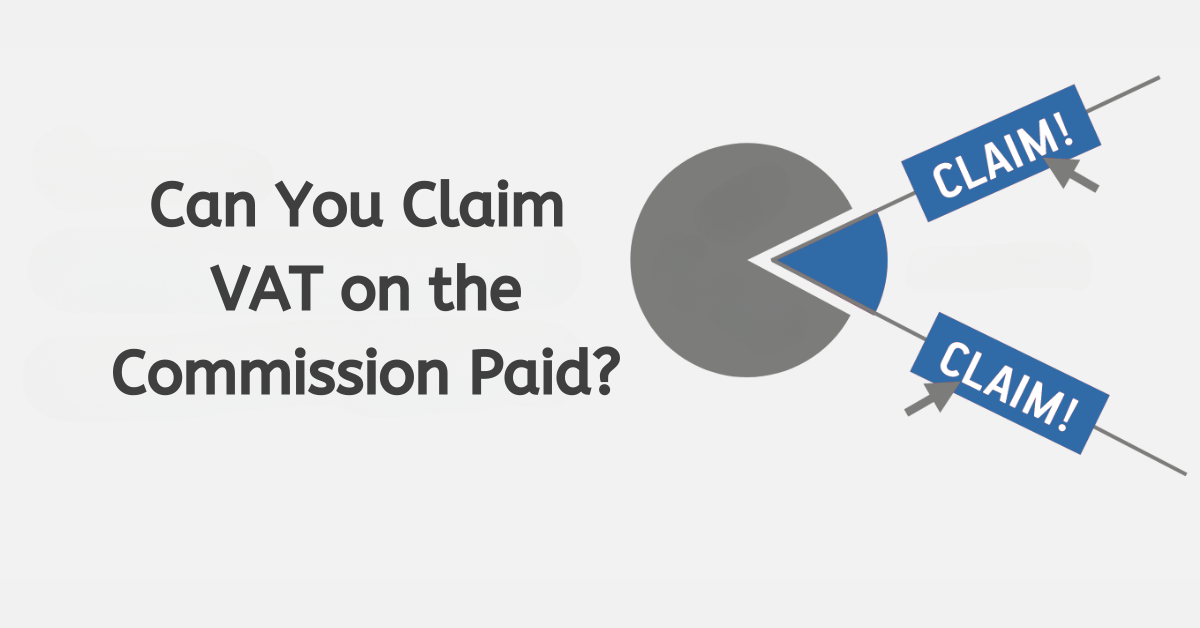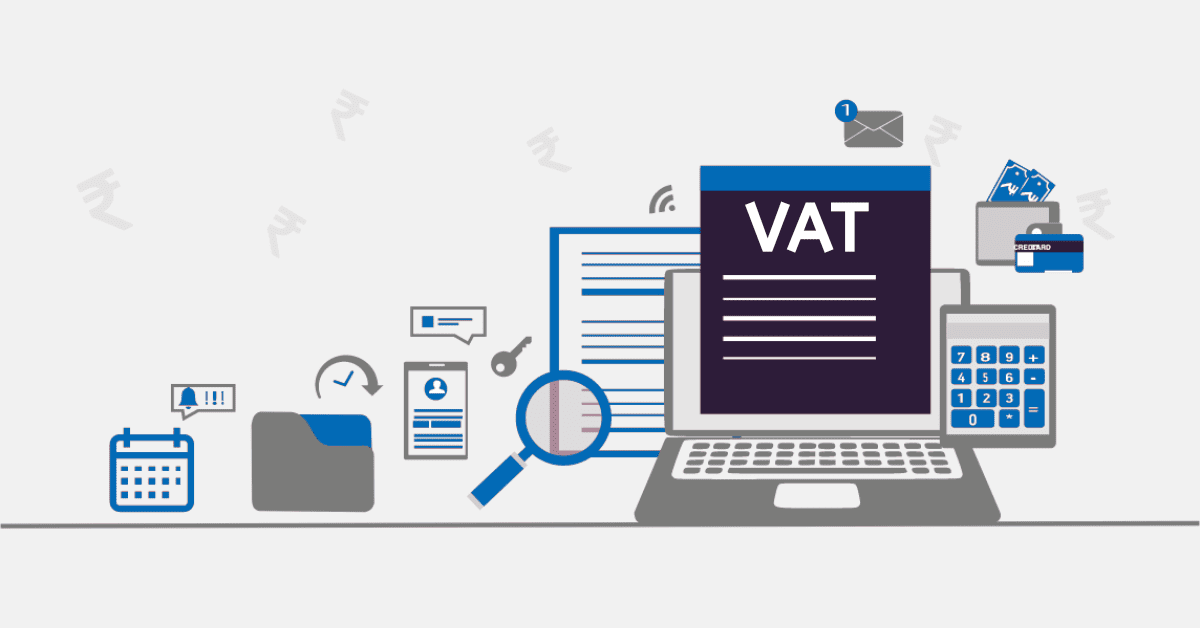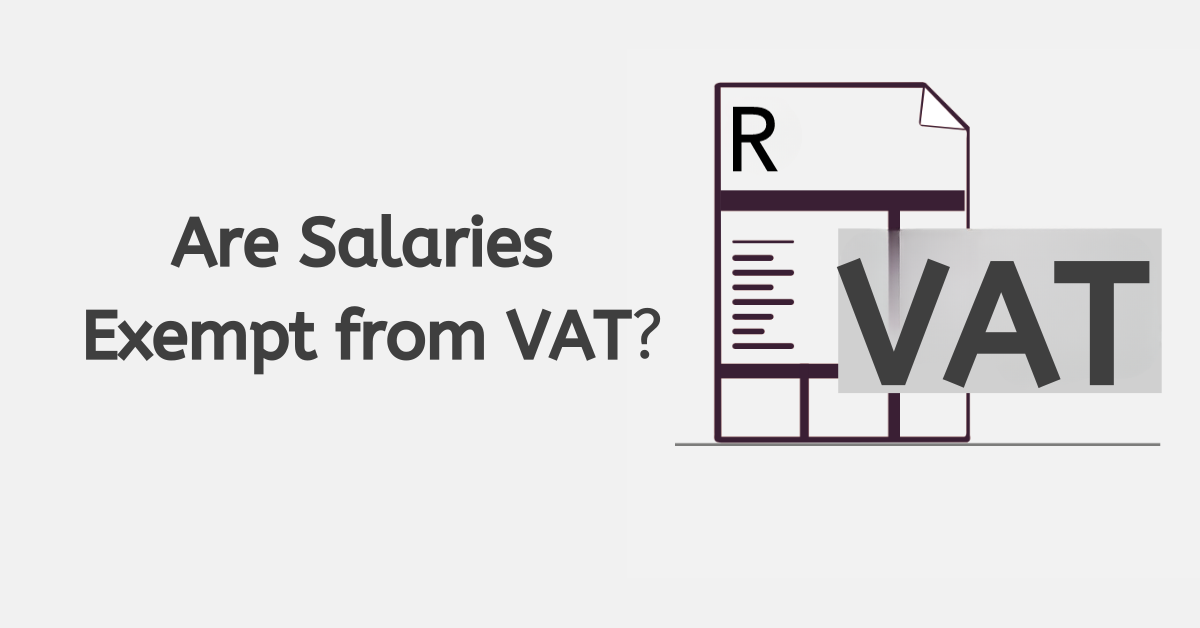Value-added Tax is essential to South Africa’s tax system, impacting businesses nationwide. Excitingly, VAT acts as a catalyst for economic growth, enriching the supply chain process in South Africa. Through this guide, we delve into the mechanics of VAT for businesses, shedding light on vital aspects such as deductions, their influence on sales and profits, and the straightforward process for businesses to claim well-deserved VAT refunds.
How Does VAT Work with Business in South Africa?
- VAT Registration: Businesses that meet specific turnover thresholds must register for VAT. Getting a VAT registration number from the South African Revenue Service (SARS) marks the first step towards embracing the bright world of VAT. With this registration, businesses can joyously incorporate VAT charges into their taxable supplies, contributing to the country’s flourishing economic landscape.
- Charging VAT: Registered businesses add VAT to the selling price of their goods or services. This additional amount is collected from the customers and is known as “Output VAT.” Certain supplies can dance through the VAT world with elegance, basking in the glory of a 0% VAT rate or basking in exemption, allowing them to add value without the burden of VAT.
- Input-Based VAT: If businesses procure goods or services for their operations, they frequently cover VAT on these purchases, termed Input VAT. This VAT paid on purchases is referred to as “Input VAT.” Businesses can deduct Input VAT from the Output VAT they’ve collected. The difference between Output VAT and Input VAT is what the business owes to SARS or is eligible to claim as a refund.
How Is VAT Deducted?
VAT deduction plays a significant role within the VAT system in South Africa. Let us guide you through how it operates:
- Input VAT Deduction: Businesses can deduct the VAT they paid on purchases (Input VAT) from the VAT they’ve collected from customers (Output VAT). If Input VAT exceeds Output VAT, the business can claim a refund from SARS. However, if Output VAT exceeds Input VAT, the business must remit the difference to SARS.
- VAT Invoices: To claim Input VAT, businesses must ensure valid supplier tax invoices. Ensuring that these invoices meet SARS’s specific requirements is crucial. These standards typically provide essential information like the supplier’s Value Added Tax registration digit, the consumer’s Value Added Tax registration figure, and an in-depth explanation of the supplied stocks or services.
- Accurate Record-Keeping: Proper record-keeping is essential for tracking Input and Output VAT. Businesses should maintain detailed records of all transactions and accurately calculate the VAT they owe or can claim back.
Is VAT Paid on Sales or Profit?
VAT isn’t directly charged on sales or profits but rather on the value added to goods or services at every supply chain step. This system ensures that businesses can keep track of the added value throughout the process. Check how it operates:
- Value Added Tax: VAT is applied to the value added to a stock or service. Imagine a manufacturer buying raw materials for R1000 and then adding a value of R500 to create a final product. They would charge Value Added Tax on the R500 added value, not the total selling price. This ensures fairness and prevents double taxation, benefiting both businesses and consumers.
- No Direct Impact on Profit: VAT does not directly affect a business’s profit margins. The tax is collected and remitted to SARS based on the difference between Output VAT (collected) and Input VAT (paid). Businesses can, therefore, recover Input VAT and only pay the net VAT amount to SARS, minimizing its impact on profitability.
- Passing the Tax to Consumers: While businesses may collect VAT from their customers, the consumers ultimately bear the tax burden. Businesses act as intermediaries that collect and remit VAT on behalf of the government.
How Do I Claim VAT Back for My Business?
Businesses can claim VAT refunds when the Input VAT (paid on purchases) exceeds the Output VAT (collected from customers). Here’s how to claim VAT back:
- VAT Returns: Businesses in South Africa must submit regular VAT returns to SARS, usually monthly or bi-monthly. In these returns, they report both their Output VAT and Input VAT.
- Refund Application: When a business’s Input VAT exceeds its Output VAT, it can apply for a VAT refund by completing the relevant sections of the VAT return. SARS will review the application and process the refund if everything is in order.
- Compliance: To ensure a smooth refund process, businesses must fully comply with VAT regulations. This includes accurate record-keeping, using valid tax invoices, and adherence to VAT rules.
- Timely Submission: Submitting VAT returns on time is crucial. Delays can lead to penalties and interest charges. Timely submissions also help businesses access their refunds promptly.
Recognizing that reclaiming VAT can be intricate, businesses can seek the support of skilled tax professionals or accountants to ensure smooth, precise, and punctual compliance. This assistance can make the process much smoother and hassle-free for all businesses.
In summary, VAT is a crucial component of the South African tax system, and businesses actively contribute to its smooth administration and functioning. Understanding how VAT works, how it is deducted, and the process for claiming VAT back is essential for businesses operating in South Africa.
